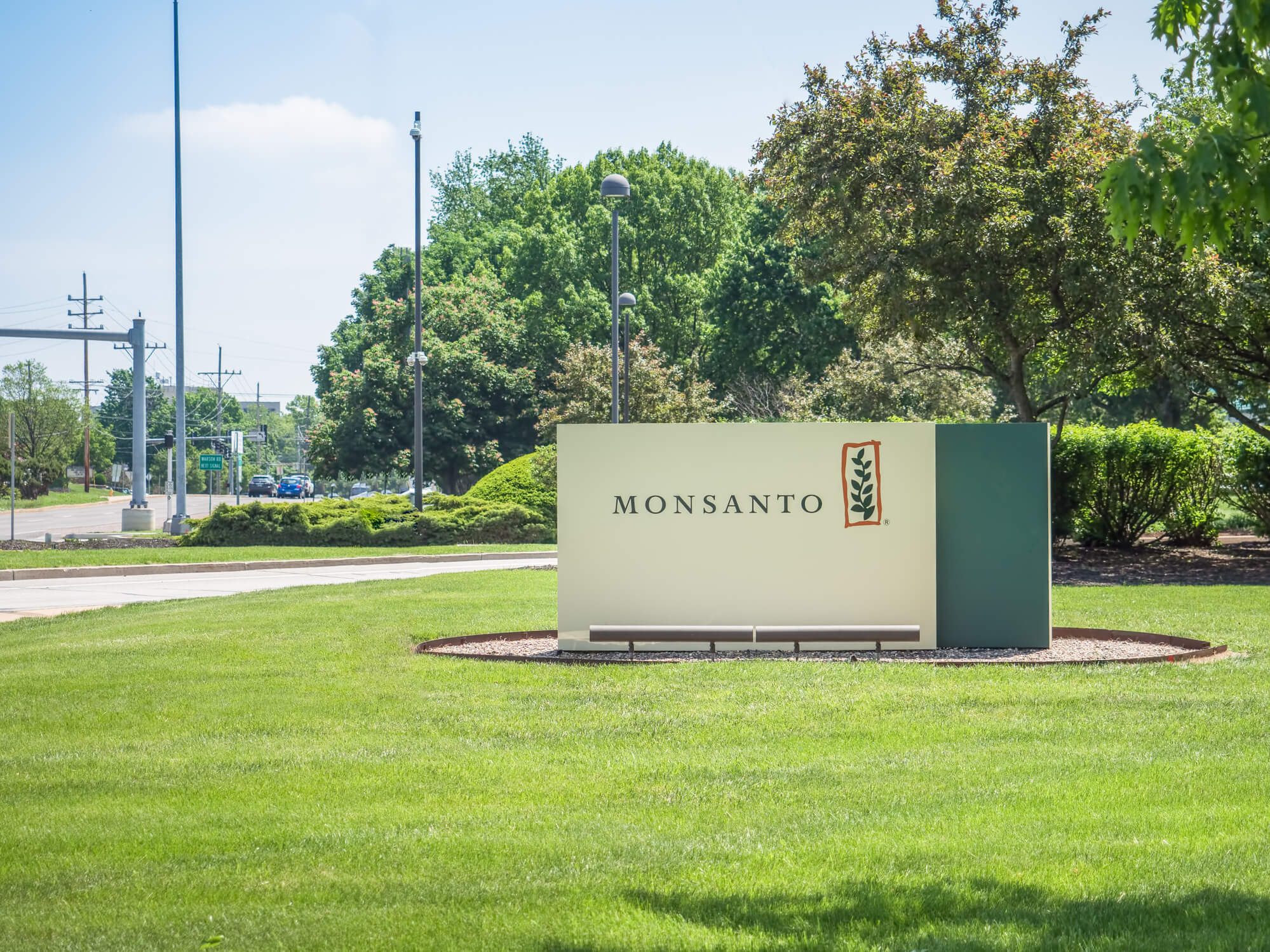A Roundup Lawsuit Could be Heading to the US Supreme Court
Editors carefully fact-check all Drugwatch.com content for accuracy and quality.
Drugwatch.com has a stringent fact-checking process. It starts with our strict sourcing guidelines.
We only gather information from credible sources. This includes peer-reviewed medical journals, reputable media outlets, government reports, court records and interviews with qualified experts.

The fate of thousands of pending Roundup lawsuits could soon be decided by the U.S. Supreme Court.
Bayer, which purchased Roundup manufacturer Monsanto in 2018, filed a petition on Friday for the Supreme Court to weigh in on a 2023 Roundup case, which centers on the weed killer’s potential link to non-Hodgkin lymphoma. The petition sets the stage for the nation’s highest court to rule on labeling requirements, a key issue at the heart of the litigation.
The company has argued that it shouldn’t have to abide by certain state labeling requirements that differ from federal regulations. This has been a major point of contention among lawsuits that claim customers should have been warned of the link between Roundup and the potential development of non-Hodgkin lymphoma.
“The stakes could not be higher as tens of thousands of Roundup™ cases are pending in state and federal courts, all of which rest on state-based failure-to-warn claims that should be preempted by federal law,” Bayer said in a statement.
Bayer had previously attempted to settle the sprawling Roundup litigation through a Supreme Court decision in 2022 but was unsuccessful. But the company announced plans to reengage in its effort to seek a favorable ruling after multiple circuit courts issued contradictory decisions on the labeling issue.
There are currently more than 4,000 active Roundup lawsuits pending in federal court, with many others pending in state courts.
Supreme Court Could Give Final Say on Roundup Labeling Requirements
Bayer has argued that the Federal Insecticide, Fungicide and Rodenticide Act (FIFRA), which is a statute that governs registration and sale of pesticides in the U.S., preempts state law.
The company claims that since the Environmental Protection Agency doesn’t require a cancer warning on Roundup products, individual states cannot place their own, stricter labeling requirements on the weed killer.
Roundup lawsuits have often relied on these state laws to justify their cases.
Bayer attempted to employ this argument twice and was rebuffed by both the Ninth and Eleventh Circuit Courts. But the issue became murkier in August when the Third Circuit Court of Appeals sided with Bayer in direct contradiction of those previous rulings.
This created a circuit split, where multiple courts have issued different rulings on the same issue. According to the Harvard Law Review, the Third Circuit Court invited the Supreme Court to eventually decide the issue.
If the Supreme Court were to side with Bayer, the results could be devastating for the pending Roundup lawsuits, possibly removing a key claim at the center of the litigation.
Bayer Looks to Resolve Roundup Lawsuits as Trials Continue
As Bayer looks to the Supreme Court to resolve the Roundup litigation, individual cases continue to go to trial.
Two weeks ago, a Georgia jury sided with a plaintiff who claimed that he developed cancer after using Roundup for years and awarded a massive $2.1 billion verdict. In October, a Philadelphia jury awarded $78 million to a plaintiff in a similar case.
But the litigation has not always yielded consistent results. Bayer also earned two trial wins last fall, and another case ended in a mistrial in December.
Bayer said in its 2024 annual report that it has set aside $5.9 billion for the Roundup litigation.


